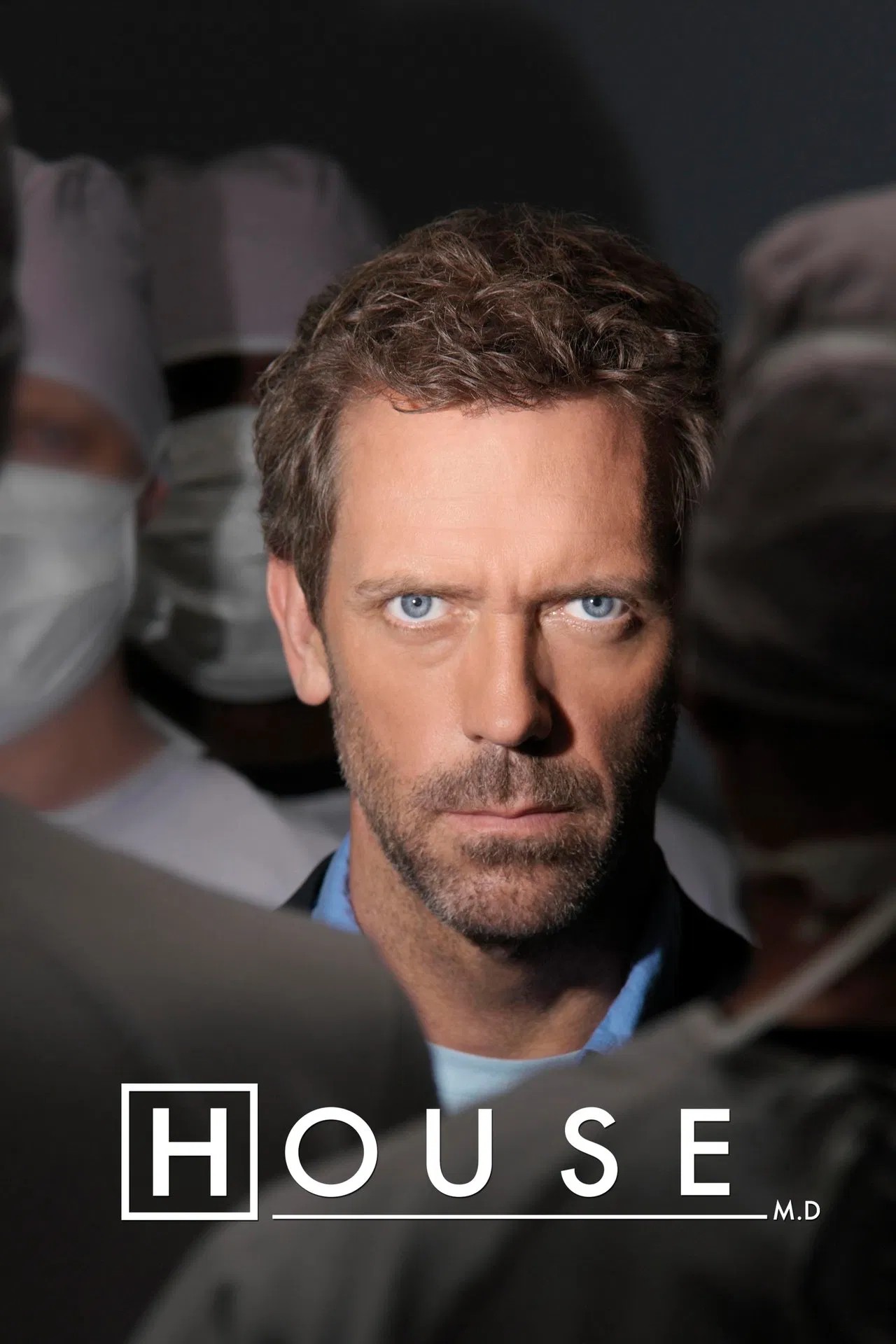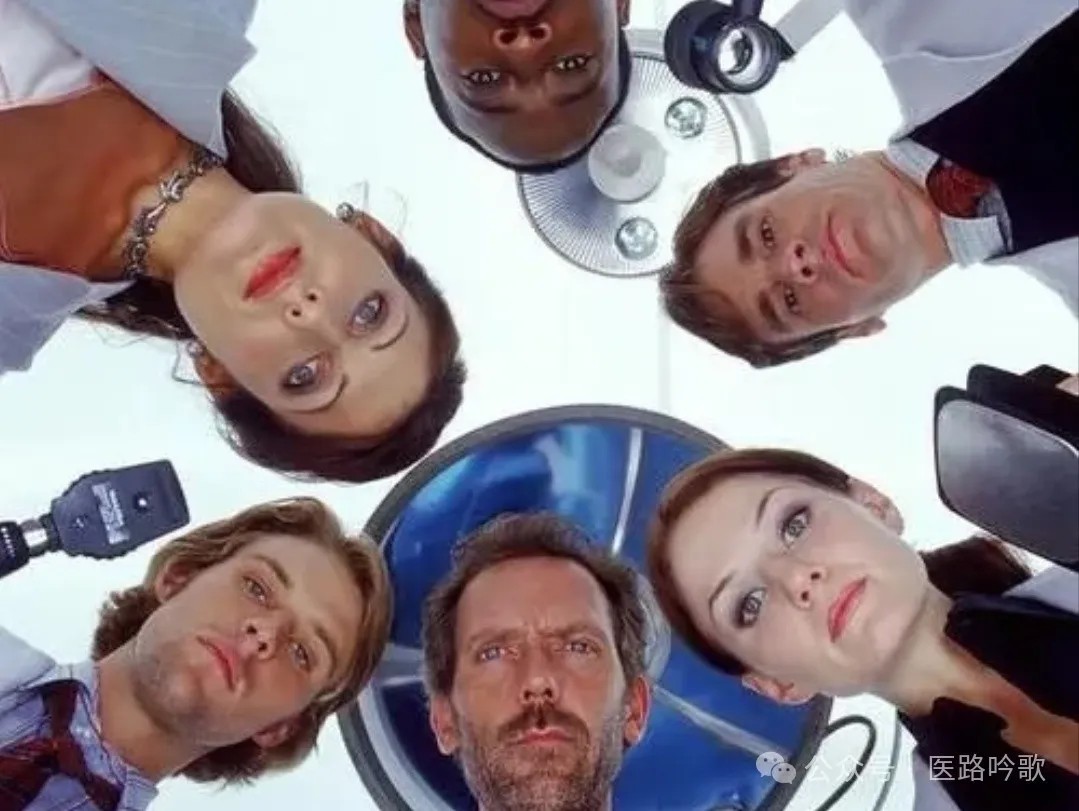
*House, M.D.* is an American medical drama series created by David Shore. It premiered in 2004 and ran for eight seasons. The show centers around Dr. Gregory House, a brilliant but unconventional neurologist at the Princeton-Plainsboro Teaching Hospital, known for his unorthodox diagnostic methods and controversial personality.
This medical drama focuses on the diagnosis of rare and complex cases. The protagonist, Dr. Gregory House, is a rebellious genius specializing in infectious diseases. He leads a team that tackles cases other doctors can't solve. Each episode is a high-stakes medical mystery — from bizarre symptoms to life-and-death twists, House uses unconventional tactics to tear apart the so-called “standard answers” of medicine.
House is extraordinarily intelligent and methodical, taking on puzzling cases that leave other doctors stumped. He often relies on the method of elimination to diagnose diseases and has a knack for uncovering the truth from the smallest clues, earning him the nickname “the Sherlock Holmes of medicine.” However, he is also extremely reclusive and cynical. Due to a leg injury, he is chronically dependent on painkillers, and his behavior is often cold, sarcastic, and defiant of hospital rules and medical ethics.
Despite his apparent indifference, House frequently challenges the idea of treating only the symptoms, delving into the psychological, emotional, and familial issues behind each case. The series prompts viewers to deeply reflect on themes such as illness, trust, life, and morality.

**Dr. House**: Limping, addicted, and sharp-tongued, yet blessed with god-level diagnostic instincts. He lives by the belief that “everybody lies.”
**The Team – “The Ducklings”**:
* **Foreman**: A cautious realist. The one most similar to House, yet the most resistant to becoming like him.
* **Cameron**: The idealist, using her strong moral compass to counterbalance House’s cold rationality.
* **Chase**: Evolving from a follower to an independent thinker, he’s a walking contradiction between the scalpel and faith.
* **Dean Cuddy**: House’s “brake pedal,” constantly caught between the rules and saving lives.
**{Illness as Narrative}**
**2004**
**Illness**
Every case in the series unfolds like a parable of human nature:
* **Physical Illness**:
From autoimmune disorders to parasitic infections,
the deceptive nature of symptoms mirrors the psychological concealment of the characters.
* **Psychological Metaphor**:
House’s leg injury and Vicodin addiction suggest that he is both “healer” and “patient.”
* **Social Critique**:
Rare diseases are used as a lens to expose the bureaucracy of the healthcare system and the absurdities of insurance policies.
1. **Patient Narratives ≠ Medical Truth**
House’s mantra *“Everybody lies”* points directly to a core tension: patients weave stories of symptoms from fear, shame, and misunderstanding—stories that doctors must forcefully deconstruct to reach the truth.
2. **Diagnosis as Power**
When House ignores a patient’s pleas and pushes forward with invasive tests, it exposes a harsh reality of medicine: the authority of lab results always outweighs the patient’s *“I feel…”*.
3. **Doctors Are Patients Too**
House’s leg injury and addiction to painkillers suggest that the doctors most skilled at unpacking others’ stories are often trapped in their own unresolved trauma, unable to heal themselves.
4. **The Cost of Healing**
Many patients fall apart after being cured (like artists losing their inspiration), revealing that illness is not merely a physical dysfunction—it can also be a core part of one’s identity.
5. **Behind Every Symptom, There’s a Story**
Though House rarely shows interest in a patient’s subjective narrative, the diagnostic breakthroughs in the show often hinge on gaps in the patient’s history. He habitually steps beyond medical scans and lab data, interpreting symptoms through the lens of behavior, environment, and social context. In doing so, the series aligns—perhaps unintentionally—with the principles of narrative medicine, which emphasize understanding the patient’s life story.
6. **The Clash Between Professionalism and Humanity**
House has extraordinary clinical instincts but frequently neglects patients’ emotional needs. His cold, utilitarian approach to saving lives often comes under scrutiny, while colleagues like Wilson embody a gentler, more compassionate model of care. This contrast invites viewers to reflect on the idea that medical humanity isn’t just a technical add-on—but a holistic stance of caring for life itself.
